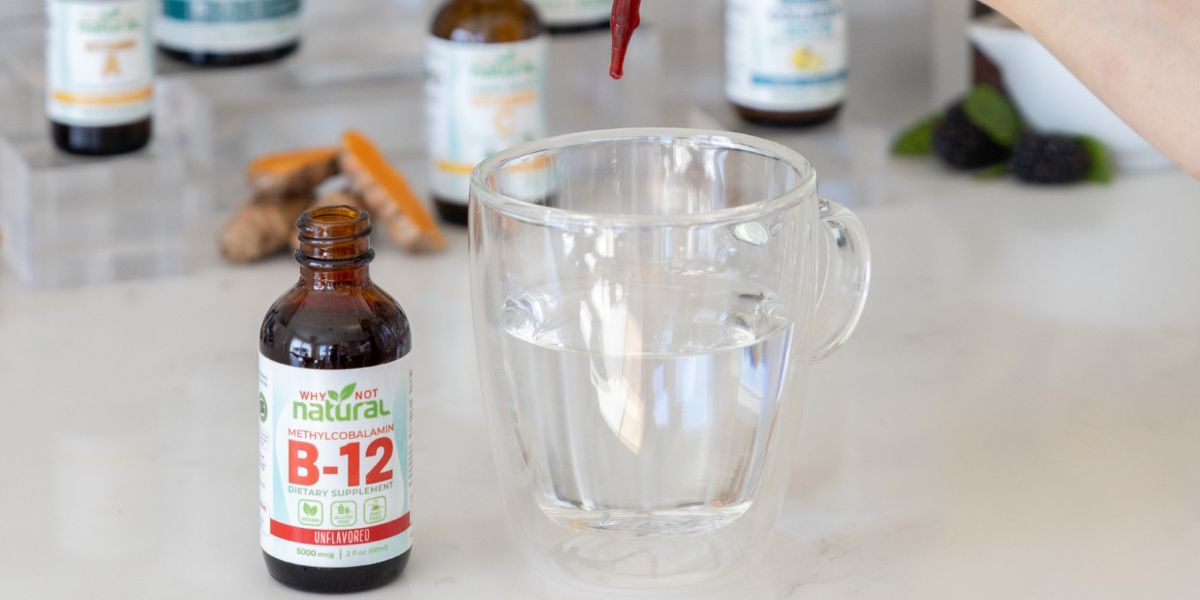By: Georgette Virgo
As the seasons change, the beauty of blooming flowers often comes with an unwelcome companion: seasonal allergies. For millions of people, this time of year can mean sneezing, itchy eyes, and a runny nose—symptoms that may disrupt daily life and make the transition into spring or fall far from enjoyable.
For the 25.7% of U.S. adults who experience seasonal allergies, relief might be possible through a combination of practical remedies and natural solutions. While no single approach works for everyone, exploring different strategies could help manage symptoms and improve daily comfort.
The Challenge of Seasonal Allergies
Seasonal allergies, also known as hay fever or allergic rhinitis, occur when allergens like pollen, mold spores, or dust mites may cause the immune system to overreact. These allergens often trigger symptoms like nasal congestion, sneezing, and watery eyes, which some people find debilitating.
Allergies don’t just potentially disrupt physical health—they might also drain energy and affect mental clarity. Persistent allergy symptoms could interfere with work and personal life, making seasonal transitions more challenging. Thankfully, certain remedies might help ease the burden for those affected.
Remedies for Seasonal Allergy Relief
Over-the-Counter Medications: Antihistamines and Decongestants
For many people, over-the-counter oral antihistamines or decongestants can be a practical option for managing seasonal allergies. Antihistamines aim to block histamine, the chemical linked to allergy symptoms like sneezing, itching, and a runny nose. Popular options often include cetirizine (Zyrtec), loratadine (Claritin), and fexofenadine (Allegra).
Decongestants like pseudoephedrine (Sudafed) may temporarily relieve nasal stuffiness by shrinking swollen blood vessels in the nasal passages. While these medications can be effective for some, they should be used cautiously and for short durations to avoid side effects like increased heart rate or insomnia.
Nasal Irrigation: A Simple Yet Potentially Powerful Solution
Nasal irrigation is an age-old remedy that has gained recognition for its potential effectiveness in relieving nasal congestion. It works by rinsing the nasal passages with a saline solution using a Neti pot or squeeze bottle. This process may help flush out mucus and allergens from the nose.
When performed correctly with sterile water, this method could provide temporary relief and might reduce inflammation in the nasal passages over time. For many, it’s an inexpensive and drug-free option worth considering.
Supplements with Potential Allergy Relief Ingredients
When over-the-counter medications and nasal irrigation aren’t enough, some people turn to dietary supplements. Some studies suggest that certain supplements might help manage allergies. Peppermint oil, vitamin D, elderberry, spirulina, and quercetin are thought to reduce inflammation and support the immune system, though individual results can vary.
Supplement companies like Why Not Natural offer products designed to address various health concerns, including possible allergy symptom relief. For instance, their Organic Liquid Vitamin D3 + K2 is marketed as a way to support immune health.
According to founder Kelin Marquet, Why Not Natural’s supplement provides 5,000 IU of D3 and 100 mcg of organic K2 per serving, which may help maintain vitamin D levels and potentially bolster the immune system.
Why Not Natural also offers a B Complex+ Liquid containing quercetin, a compound believed by some researchers to stabilize histamine release and possibly ease allergy symptoms. Quercetin can also be found in foods like broccoli, cauliflower, green tea, and citrus fruits.
“Supplements can be a helpful addition to allergy management,” says Kelin Marquet. “But it’s important to choose high-quality products free from unnecessary additives.”
Prevention Might Help Reduce Symptoms
While remedies can alleviate symptoms, prevention could be an effective strategy for managing seasonal allergies. Identifying and reducing exposure to common triggers like pollen or mold may minimize flare-ups.
Simple preventive steps include:
- Keeping windows closed during high pollen days.
- Using air purifiers to filter indoor allergens.
- Washing clothes and showering after outdoor activities to remove pollen.
By combining these measures with other remedies, those with seasonal allergies might reduce their reliance on medications or supplements.
While seasonal allergies can be challenging, they don’t have to control your life. Exploring a mix of prevention methods and remedies—whether over-the-counter medications, natural supplements, or lifestyle adjustments—could help many people find relief and enjoy the changing seasons more comfortably.
Disclaimer: The remedies and supplements mentioned in this article are for informational purposes only and are not intended to diagnose, treat, or cure any medical condition. Results may vary, and individuals should consult with a healthcare provider before starting any new treatment or supplement, especially if they have pre-existing health conditions or are taking other medications. Seasonal allergies can affect individuals differently, and it is important to seek professional advice for personalized care.
Published by Jeremy S.


















